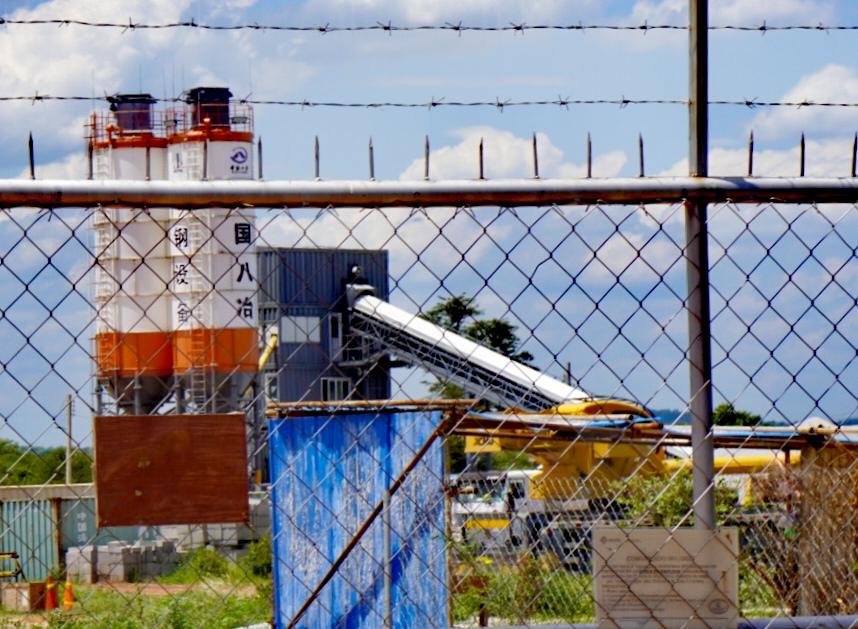PUERTO SUAREZ, Bolivia—As China continues expanding its influence in South America through investments, some local communities in Bolivia, Peru, and Ecuador have pushed back and are speaking out against the emerging investment partner over issues of mistreatment and pollution.
Bolivia awarded the Chinese regime a 49 percent stake in its lithium reserves—the largest of its kind in the world—in 2019 in a $2.3 billion deal.





